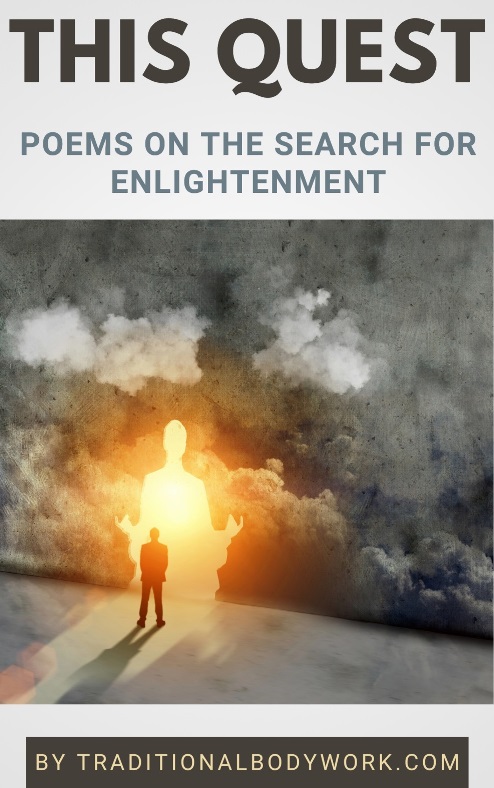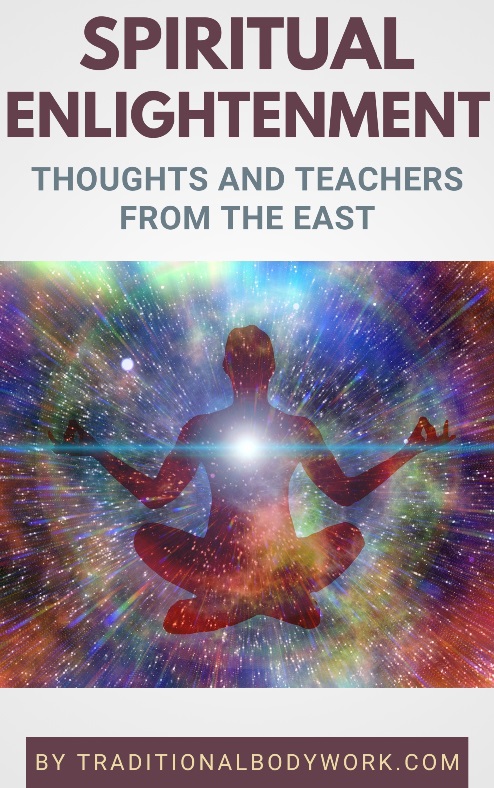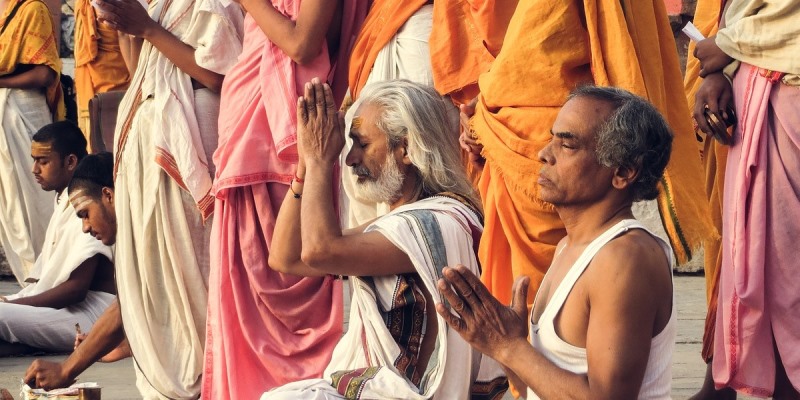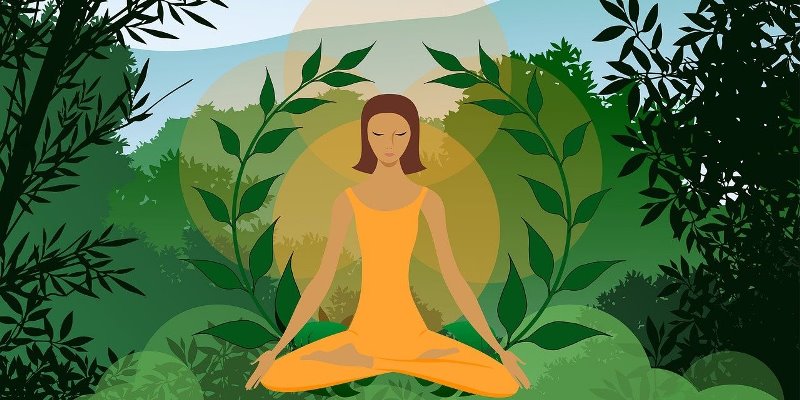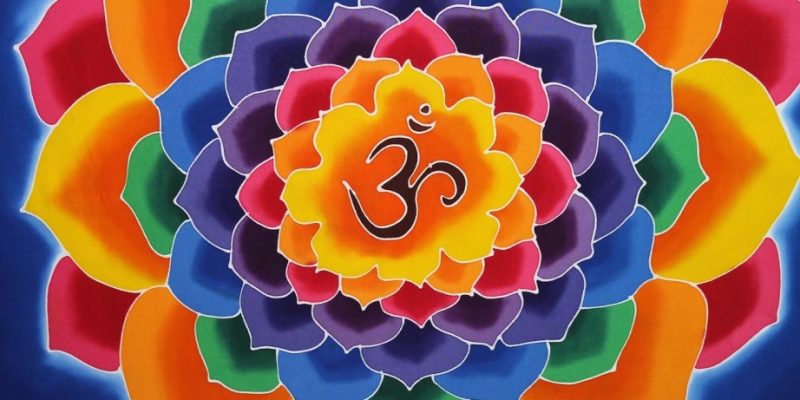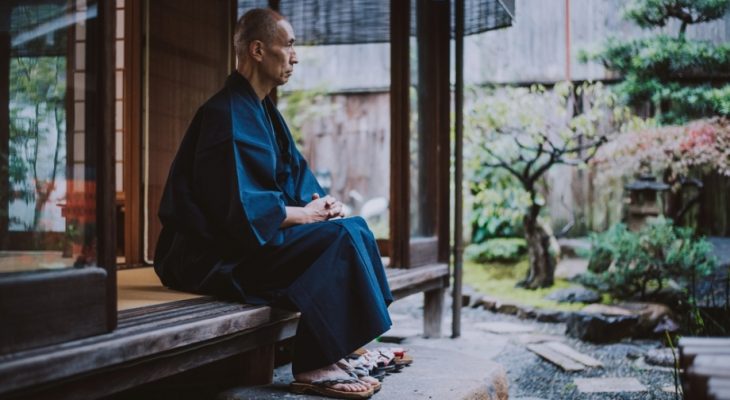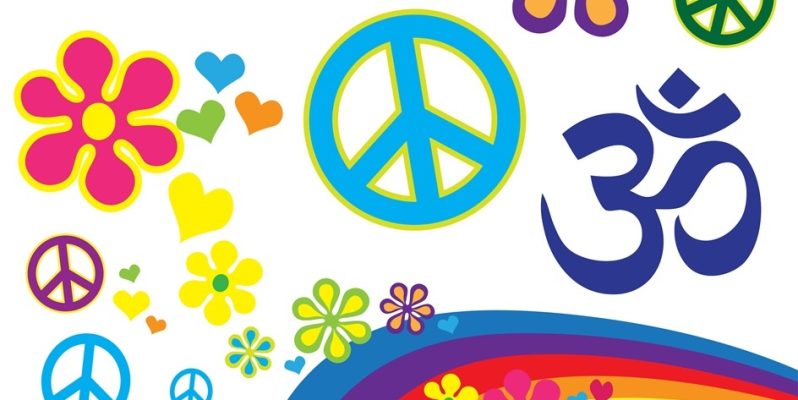
Jnana Yoga is a Hindu spiritual tradition known as the Path of Knowledge or the Path of Self-Realization. The Sanskrit word Jnana or Gyana is usually translated as wisdom, knowledge, understanding, proficiency, consciousness, supreme spirit.
The most typical form of practicing Jnana Yoga is the inquiry into the reality of the Self or the I with questions like “Who am I?,” or “What am I?,” but also with affirmations like “I am not this, I am not that,” or “I am pure consciousness,” and such.

Perhaps the best known Indian tradition or lineage of Jnana Yoga is Advaita Vedanta, which means Non-Dual Vedanta. The Advaita practice is characterized by its Neti Neti approach, which means not this, not that, being the continuous denial of a subject-object separation in order to finally come to Divine Union and a non-dual state of consciousness.
The Jnana Yoga practitioner usually seeks help from a Guru who has already “realized the True Self” in order not to stray away from the right studies, meditations, and reflections, that is, not to end up in delusions.
The final aim of Jnana Yoga is to realize that one’s Self equals the Divine, or as common in Indian terminology, realizing that Atman (individual soul or separated entity) is Brahman (universal soul or vital principle), often represented by the Vedantic maxim Tat Tvam Asi.
Jnana Yoga is primarily an intellectual endeavor, one that tries to come to a living spiritual insight and understanding of the nature of the Self and the Universe through rigorous reasoning. Nevertheless, it doesn’t mean that the Jnana Yogi isn’t involved in other types of Sadhanas, such as Karma Yoga (Path of Selfless Action), Raya Yoga (Path of Meditation) or Bhakti Yoga (Path of Devotion).
In fact, traditionally in India all of the major spiritual paths are followed simultaneously, although one’s focus and/or inclination is usually towards one method. In the end, all paths lead to the same result: insight in one’s True Self, liberation of bondage and ignorance, and union with the Divine.


